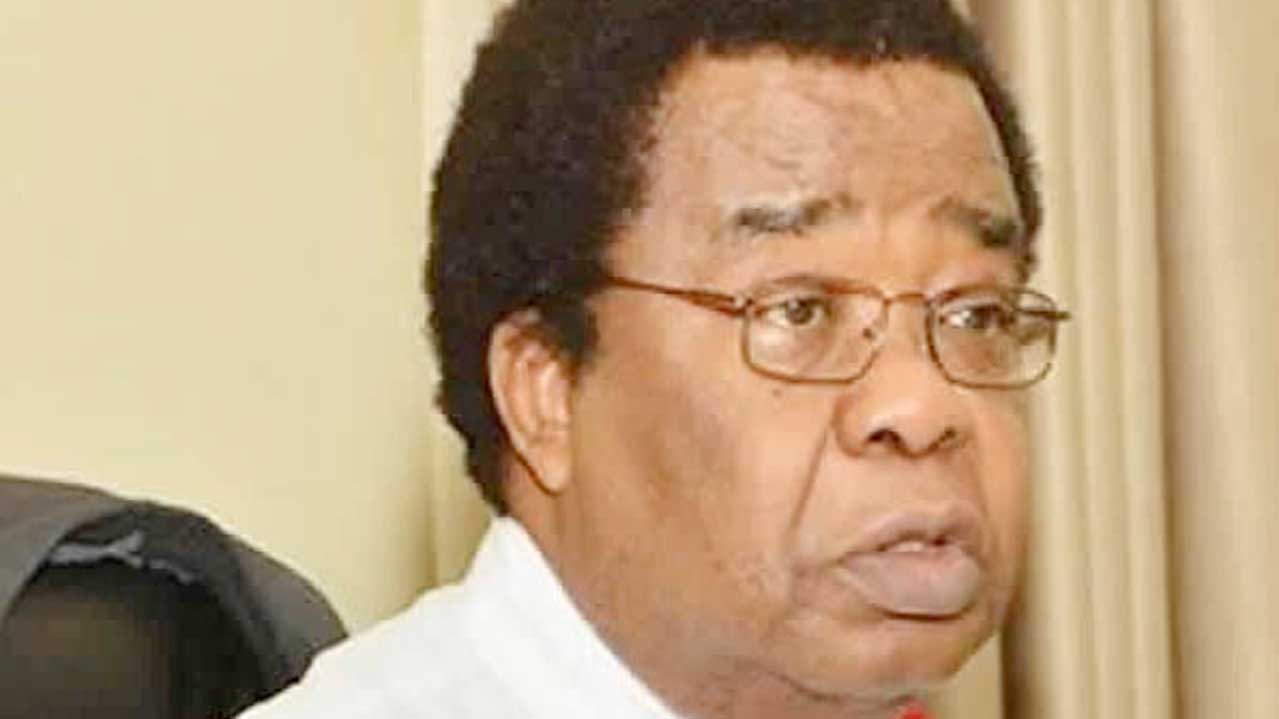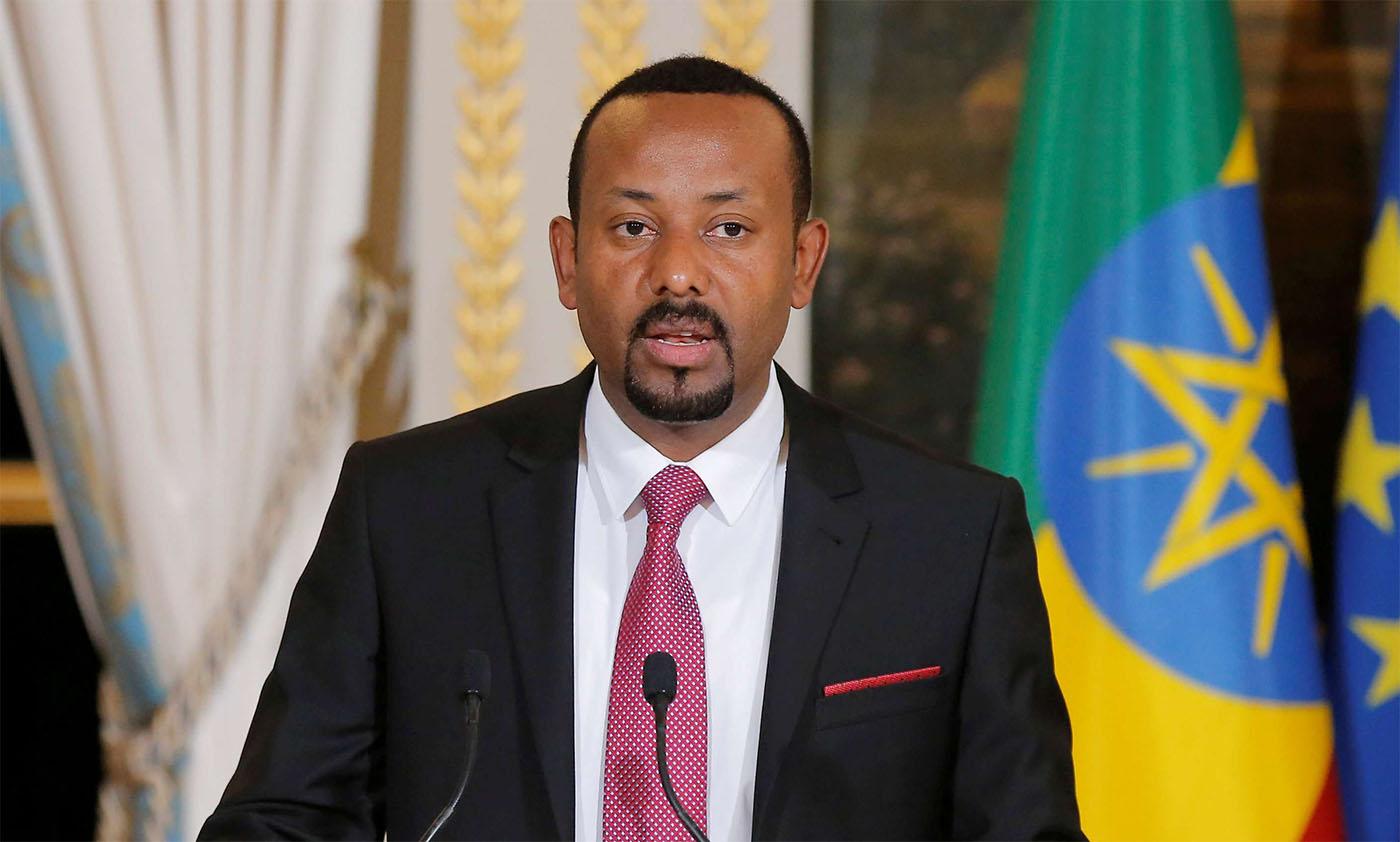
Seven successful coup attempts in Africa in the last three years are beginning to raise concerns about the decline of democracy on the continent.
Coups are not new to Africa, home to about 1.4 billion people, about one-fifth of the global population. After most African countries gained independence in the mid to late 20th century, many of them witnessed takeovers of government by the military.
Findings by Jonathan Powell and Clayton Thyne at the University of Central Florida and the University of Kentucky show that of 486 attempted or successful coups carried out around the world since 1950, almost half (214), the most of any region, occurred in Africa with 106 of them successful.
In January, the United Nation’s Secretary-General, Antonio Guterres, while condemning the first coup in Burkina Faso, asked all coup leaders to lay down their weapons and protect the country’s institutions.
Eight months after Guterres’s statement, another successful coup occurred in the West African country. He again condemned attempts to seize power by the force of arms and called on all actors to refrain from violence and seek dialogue.
Reacting to this development, former Minister of External Affairs, Prof. Bolaji Akinyemi, in a podcast, said: “Often, surprises come from unexpected quarters. I never suspected that the anti-neo-colonialism struggle would start from former French territories. I expected this to start from English-speaking countries, whose close relationship with Britain had gradually loosened. I wasn’t expecting this pushback in Africa to begin from French-speaking countries, where the knees of former colonial authorities are right on the necks of the territories.
“These are territories where what we call the colonial pact is still very entrenched. What seems to be happening in Burkina Faso, and it has happened in Mali and the Central African Republic, is that young forces, what I will call the Thomas Sankara forces within the armed forces in these areas, have seen through the shenanigans of France, that they’re not gaining anything from French military presence in their countries. It’s like the French are there to pursue their own interests; therefore, they want the French out.
“To that extent, the latest coup in Burkina Faso is not only against the Burkinabe officer corps but also against the French forces that are still based in Burkina Faso, and they think they are the ones dictating what the government should do or not do.
“It is rather strange that they were waving Russian flags and didn’t want France, ECOWAS, or the African Union. They want Russia to come and help them put their houses in order. The Russians are in Mali and the Central African Republic. Yes, they’re not there as official Russian forces because we are playing the game of propaganda. They are called Russian mercenaries to denigrate Russian involvement there.
“We see a reaction against the overbearing presence of French forces in the Sahel, which does not benefit those countries. So, it looks like the second wave of African freedom is coming from French-speaking countries rather than English-speaking ones,” he said.
Q: When President Damiba took over Burkina Faso, he promised improved security and living conditions. However, within twelve months, even his army was not happy with him. Is this showing a difficulty in governing African nations that, perhaps, we don’t see in other countries?
A: That would not be my interpretation. People may accuse me of being over-committed to conspiracy theories. Still, I don’t believe that African military forces are independent of the influence and dictates of foreign forces, where they were trained and built-up relationships. So, to that extent, I don’t think in any African country, we deal with an army with a unified purpose, vision, and a united esprit de corps.
Whenever you have a coup, it’s not the totality of the army that carries that out. It’s a section of the Army. And probably from day one, another section starts planning how to overthrow that military regime. Africa is not the only continent with multi-nationalities. Asia has it, and Latin America has it.
The stability of each African country is a function of the level of interference it gets from Europe and the United States. Only two weeks ago, we finally got the new prime minister of Italy, accusing France of being the force against Libya’s invasion and Gaddafi’s assassination. Of course, we all know it was not just France, Britain was involved, and the United States under Obama was involved.
So, we’ve never been left alone. Some people have said, ‘After 60 years of independence, Prof. give up on this conspiracy theory.’ But Gaddafi was not killed 60 years ago, was he? Sankara was not killed 60 years ago, was he? And the series of coups we’ve had in Chad, in Mali, in Burkina Faso, were those 60 years ago?






